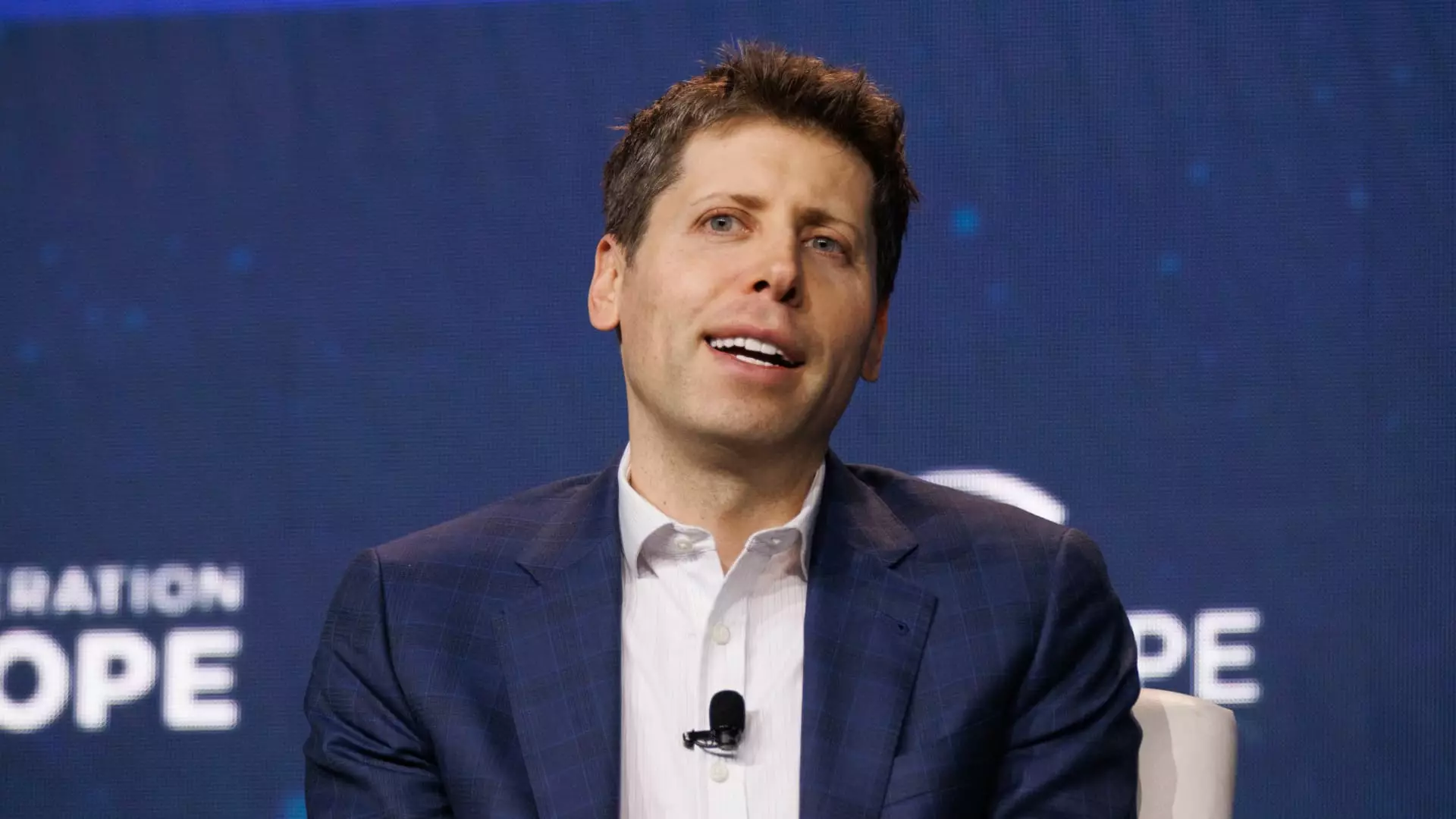OpenAI recently unveiled its latest AI model, GPT-4, along with a desktop version of ChatGPT and an updated user interface. The release of GPT-4o marks a significant milestone in the company’s efforts to enhance the capabilities of its chatbot and expand its user base. With improved speed, text, video, and audio capabilities, OpenAI aims to revolutionize the conversational AI landscape.
One of the standout features of GPT-4o is its ability to handle 50 different languages with enhanced speed and quality. The model, which will be accessible via OpenAI’s API, opens up avenues for developers to create innovative applications using the new technology. Additionally, GPT-4o is twice as fast and half the cost of its predecessor, GPT-4 Turbo, making it a more efficient and cost-effective solution for users.
OpenAI’s team members showcased GPT-4o’s impressive audio capabilities during the launch event. The model demonstrated its ability to perceive emotions, respond to users’ prompts in milliseconds, and even analyze facial expressions to comment on the emotional state of individuals. Moreover, the upcoming Voice Mode feature is set to be tested soon, offering early access to paid subscribers of ChatGPT Plus. This feature highlights OpenAI’s commitment to providing a seamless and engaging user experience.
Apart from its conversational capabilities, GPT-4o can also function as a translator, solving math equations, writing code, and storytelling. The model’s versatility positions it as a robust competitor to existing AI tools, such as Microsoft’s GitHub Copilot. OpenAI’s focus on developing a multifunctional AI solution reflects the company’s dedication to addressing diverse user needs across various industries.
The launch of GPT-4o is aligned with the broader trend of generative AI innovation across industries. Companies like Microsoft, Google, and OpenAI are leading the way in integrating AI-powered chatbots and agents into their services. This competitive landscape underscores the growing demand for AI technologies and the lucrative market potential. With substantial investments and a projected revenue of $1 trillion within a decade, the generative AI market is poised for significant growth.
Despite the rapid advancement of AI technologies, concerns have been raised about the ethical implications and biases inherent in these systems. Academics and ethicists continue to advocate for responsible AI development to mitigate potential risks and ensure fair and equitable outcomes. OpenAI’s emphasis on transparency and user trust underscores the importance of addressing ethical considerations in AI deployment. With over 100 million weekly active users and widespread adoption by Fortune 500 companies, OpenAI remains committed to enhancing user experience while upholding ethical standards.
The launch of OpenAI’s GPT-4o represents a significant milestone in the evolution of conversational AI technologies. With enhanced features, improved speed, and multi-functional capabilities, GPT-4o sets a new standard for AI-powered chatbots. As the industry continues to evolve and expand, OpenAI’s commitment to innovation, user experience, and ethical AI development will play a critical role in shaping the future of generative AI.


Leave a Reply